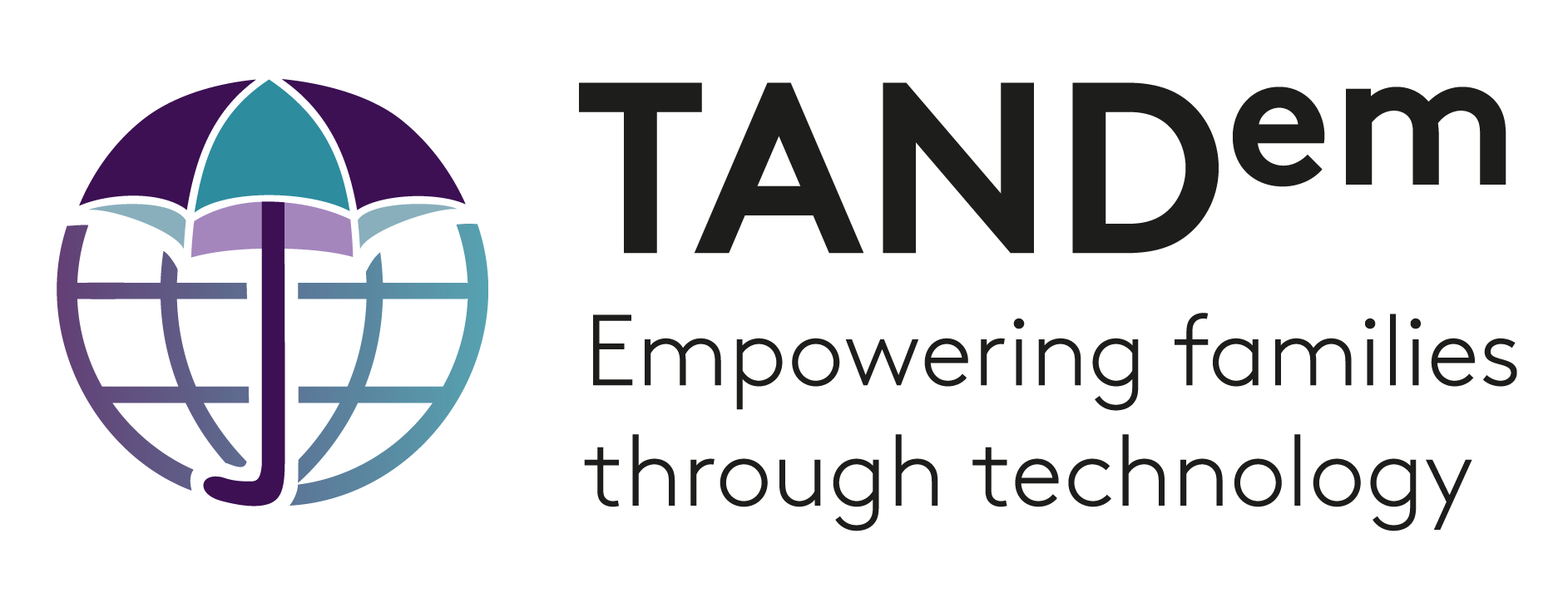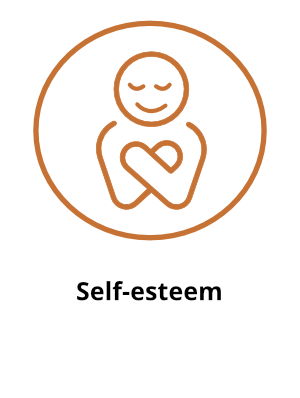Psychosocial Cluster
Home > TAND Clusters > Psychosocial > What to seek > Wellbeing and quality of life
Wellbeing and quality of life
Quality of life (QoL)
“Quality of life refers to an individual’s perception of their position in life in the context of the culture and value systems in which they live and in relation to their goals, expectations, standards and concerns. Standard indicators of the quality of life include wealth, employment, environment, physical and leisure time, social belonging, religious beliefs, safety, security and freedom” (World Health Organization).
Many individuals with TSC experience a lower quality of life due to the combination of physical manifestations of TSC, and the neuropsychiatric manifestations of TSC (or TAND). These can strongly influence quality of life, especially if the necessary supports are not provided or available. If you feel that you or your child or family member with TSC are experiencing a low quality of life, below you will find some ideas of help you can seek from others to assist you. You will find some useful resources and tips in the ‘What to do’ section for this cluster.
Monitoring quality of life and the provision of psychological support
A multi-disciplinary approach to management of TSC can improve the quality of life of individuals. Such comprehensive care includes close monitoring of quality of life using standardised tools, and provision of psychological support. Better quality of life can manifest in more social interests, less negative feelings and concerns, and fewer restrictions in physical activities.
Because of constant concerns about the health of the individual with TSC, caregivers can sometimes show a poor quality of life too. The main determinants associated with impaired quality of life in caregivers of children with TSC include the disease severity, extent and unpredictability, personal restrictions due to TSC, and experiences of insufficient support. Specifically, caregivers of children with epilepsy that is difficult to control, TAND problems and/or intellectual disability may show lower levels of general wellbeing.
Early psychosocial assessment and close monitoring of caregivers’ quality of life using standardised measurements and dedication of time for family at follow-up can have positive effects on family quality of life, regardless of the individual’s health status and life conditions.









